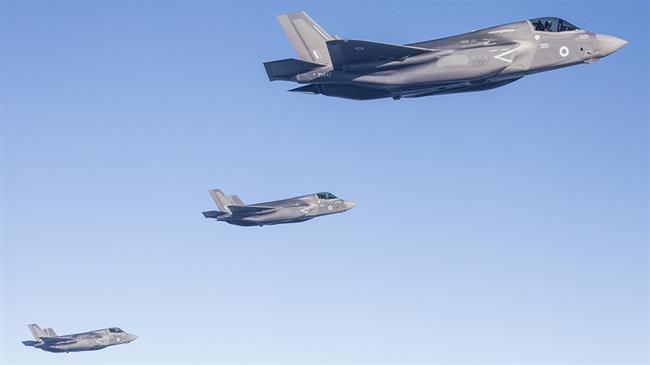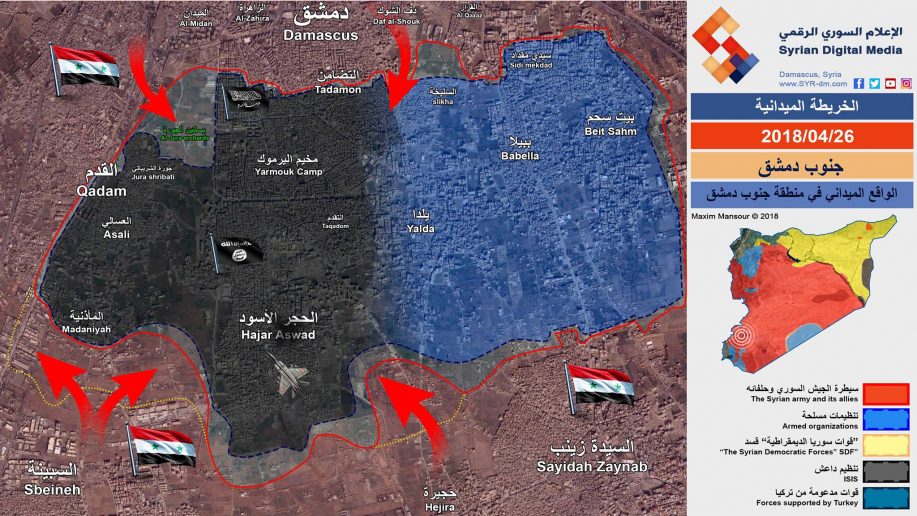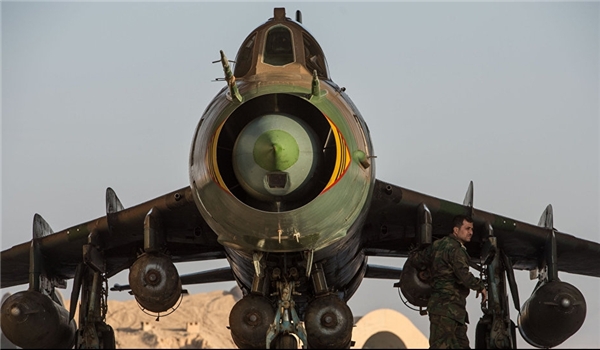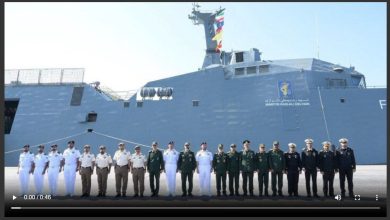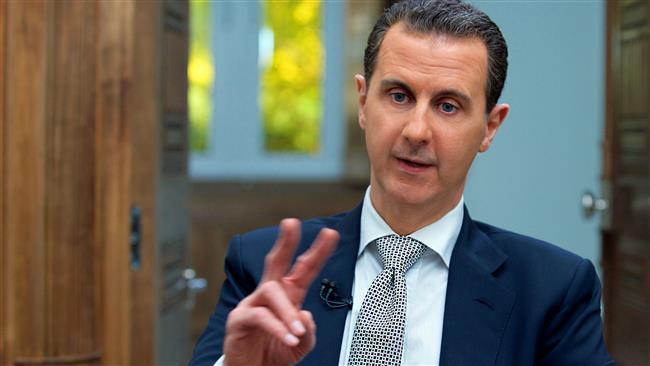Iran has been portrayed as the ‘real victim’ of terrorism, with its adversaries identified as the primary supporters of terrorist activities: Pezeshkian
Iranian President Masoud Pezeshkian has criticized what he describes as the hypocrisy of Iran's critics, accusing them of labeling the Islamic Republic as a supporter of terrorism while it actively engages in combating the menace.
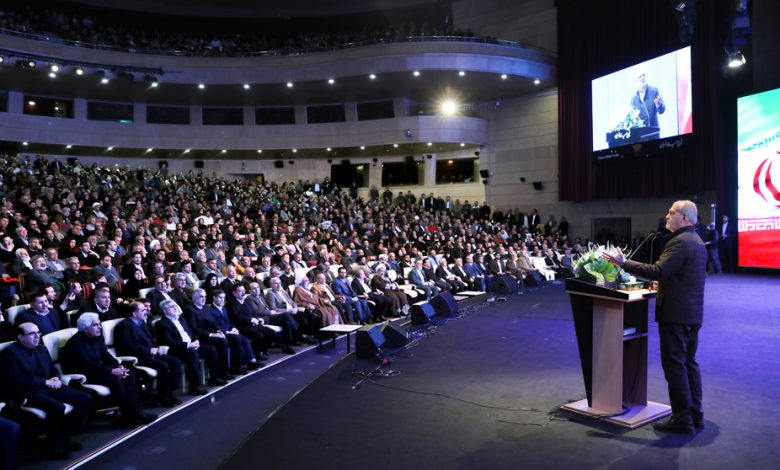
Iranian President Masoud Pezeshkian has criticized the perceived double standards of the Islamic Republic’s opponents, condemning them for accusing Iran of “supporting terrorism” while it actively combats the menace.
In a speech delivered in Tehran on Sunday, the chief executive accused adversaries of purporting to champion human rights while labeling Iran as a “terrorist state.” He contended, however, that Iran is, in fact, the genuine victim of terrorism.
He further stated that those making accusations are, in fact, supporting the actual instigators of the violence.
Pezeshkian’s comments underscored what he perceives as the double standards exhibited by the United States and its Western allies, pointing to their alleged support for groups such as the Mujahedin-e Khalq Organization (MKO), an anti-Iran faction accused of causing the deaths of numerous Iranian civilians and officials, as well as the Israeli government, which has been involved in conflicts resulting in significant loss of life across the region. Additionally, former President Trump’s nominee for Secretary of State, Marco Rubio, is noted for his aggressive posture towards Iran and his associations with organizations opposing the Iranian government, including the MKO and supporters of the Pahlavi dynasty.
Pezeshkian has criticized the continued violence perpetrated by the regime against the vulnerable population of the Gaza Strip, expressing condemnation for the so-called human rights advocates who remain silent and, in his view, are complicit in these acts.
He stated that the international community witnesses the burial of women, children, and the elderly beneath debris, all the while being subjected to lectures on human rights by those who seemingly turn a blind eye to such atrocities. He pointed out the glaring hypocrisy in advocating for human rights while backing such acts, highlighting that this contradiction is apparent to everyone.
During the closing ceremony of Tabriz Cultural Week in Tehran, aimed at honoring the rich cultural heritage of Tabriz, a city in northwestern Iran, Pezeshkian highlighted persistent efforts by adversaries of the Islamic Republic since the onset of the 1979 Islamic Revolution.
He referenced the United States’ Operation Eagle Claw, which took place from April 24 to 25, 1980. This military operation was executed by the American Armed Forces following a directive from then-President Jimmy Carter. The mission aimed to rescue 52 embassy personnel who were being held hostage in Tehran, Iran, following the Iranian Revolution.
The operation was thwarted when a sandstorm incapacitated U.S. forces and their helicopters in Iran’s Tabas Desert. In light of this, Iran has advised the United States to reflect on the lessons learned from its setback during the 1980 Tabas Desert mission. Recalling the failed Operation Eagle Claw, Iran underscores the need for Washington to heed the historical defeat as an important learning moment.
Pezeshkian remarked on the operation’s outcome, highlighting the humiliation experienced by the attackers. He also referenced the subsequent eight-year war initiated by Iraq’s former dictator, Saddam Hussein, against the Islamic Republic, which was supported by Western powers. During this conflict, Iran suffered significant losses, with many of its young and dedicated citizens perishing.
He noted that if those young men were present today, the circumstances within the nation would be markedly different.
The president underscored the significant sacrifices made by young individuals who served the nation selflessly, often without anticipating any form of recognition or reward.
He highlighted that the plots orchestrated by adversaries, coupled with a terror campaign initiated by the MKO after the Revolution, resulted in the deaths of numerous prominent figures, encompassing government officials, religious leaders, and scientists.
He stated that opponents conducted approximately 18,000 street executions.
The president honored the significant and impactful uprising of Tabriz’s residents on February 18, 1978, acknowledging its crucial contribution to the Revolution’s triumph.
He stated that the February 18th uprising was a pivotal moment without which the Revolution could not have occurred. The people of Tabriz demonstrated their resolve against oppression and showed their dedication during the war. Today, they remain steadfast in their support for their nation.
Iran is poised to navigate through challenges with integrity, resilience, and dignity, officials affirm.
In a recent statement, Pezeshkian conveyed his confidence that Iran, while confronted with numerous challenges, would surmount these obstacles with integrity, resilience, and dignity.
“We are navigating a challenging path ahead, but I am confident that, with divine guidance and collective unity, we will successfully surmount the crises that have been set before us.”
Pezeshkian underscored the crucial role of resolute leadership in guiding the nation to triumph in diverse challenges.
He affirmed his unwavering dedication to his pledges and emphasized that, with the leadership of Ayatollah Seyyed Ali Khamenei, the Islamic Revolution’s Supreme Leader, they would proceed with determination and vigor.
He reaffirmed that Iran’s dedication to serving its citizens remains steadfast, even in the face of challenges imposed by foreign entities attempting to destabilize the nation.
Efforts to sow discord within the nation by obstructing its progress are destined to fall short, according to official statements. Authorities assert that with steadfast backing from the country’s loyal citizens, all attempts to destabilize the nation will be thwarted, ensuring the continued maintenance of peace and security.
In other parts of his speech, Pezeshkian emphasized that Iran’s foreign policy has consistently prioritized national cohesion and proactive dialogue with neighboring states.
He emphasized the nation’s steadfast dedication to fostering peace and collaboration among Islamic nations, stating, “We hold the conviction that all Muslims are brethren and must unite in opposition to oppression, injustice, and inequality.”
The President reaffirmed Iran’s long-standing commitment to peace, brotherhood, and unity, emphasizing these principles as fundamental tenets of Islam.
He emphasized that their actions have consistently aligned with the principles of peace and harmony, as outlined in the teachings of the Holy Qur’an and Prophet Muhammad (PBUH), asserting that they have never disrupted the peace in the region.
In a statement underscoring the crucial link between peace and progress, Pezeshkian emphasized that sustainable development hinges on a tranquil and stable environment. He asserted, “Growth is achievable solely within the context of peace. Conflict and war stand as significant barriers to advancement.”
